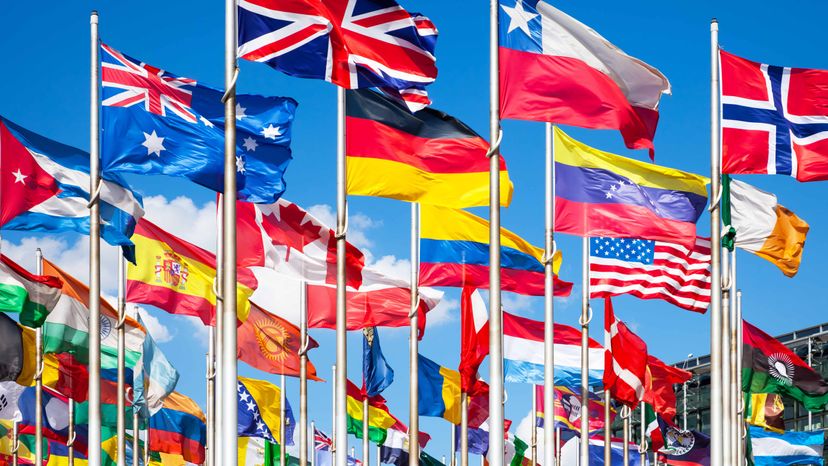
In August 2019, President Donald Trump created a stir when he asked aides to explore the possibility of purchasing Greenland from Denmark. As Fox News reported, Trump explained that "essentially, it's a large real estate deal, " and said it would beneficial to Denmark, which provides the equivalent of hundreds of millions of dollars in subsidies each year to the island. "So they carry it at great loss, and strategically for the United States, it would be very nice," Trump said.
Danish Prime Minister Mette Frederiksen quickly nixed any deal, noting that Greenland, which became a self-autonomous region within Denmark back in 1970 and has its own separate parliament, premier and flag, is not Denmark's property to sell. "Greenland is not for sale," she explained, according to a Google translation of her remarks as published in Sermitsiaq, a Greenland newspaper. "Greenland is not Danish. Greenland is Greenlandic. I persistently hope that this is not something that is seriously meant."
Advertisement
Some argued that Trump's interest in buying Greenland wasn't that outlandish. From the 1800s to the early 1900s, the U.S. actually did gain much of its territory through various land purchases, including the 1803 Louisiana Purchase, and the 1867 deal to buy Alaska from the Czarist government of Russia. And the U.S. and Denmark have done business before, though it was slightly more than a century ago. In 1917, the U.S. purchased the Virgin Islands from the Scandinavian nation. And back in 1946, the administration of a previous U.S. President, Harry Truman, even secretly explored buying Greenland from Denmark, as detailed in this National Public Radio story.
Still, Trump's proposed deal would have gone further than any of those, because he offered to buy an island that in many ways is now actually a separate nation-within-a-nation. Can one country actually buy another entire country? It's a mind-boggling concept.
Advertisement


